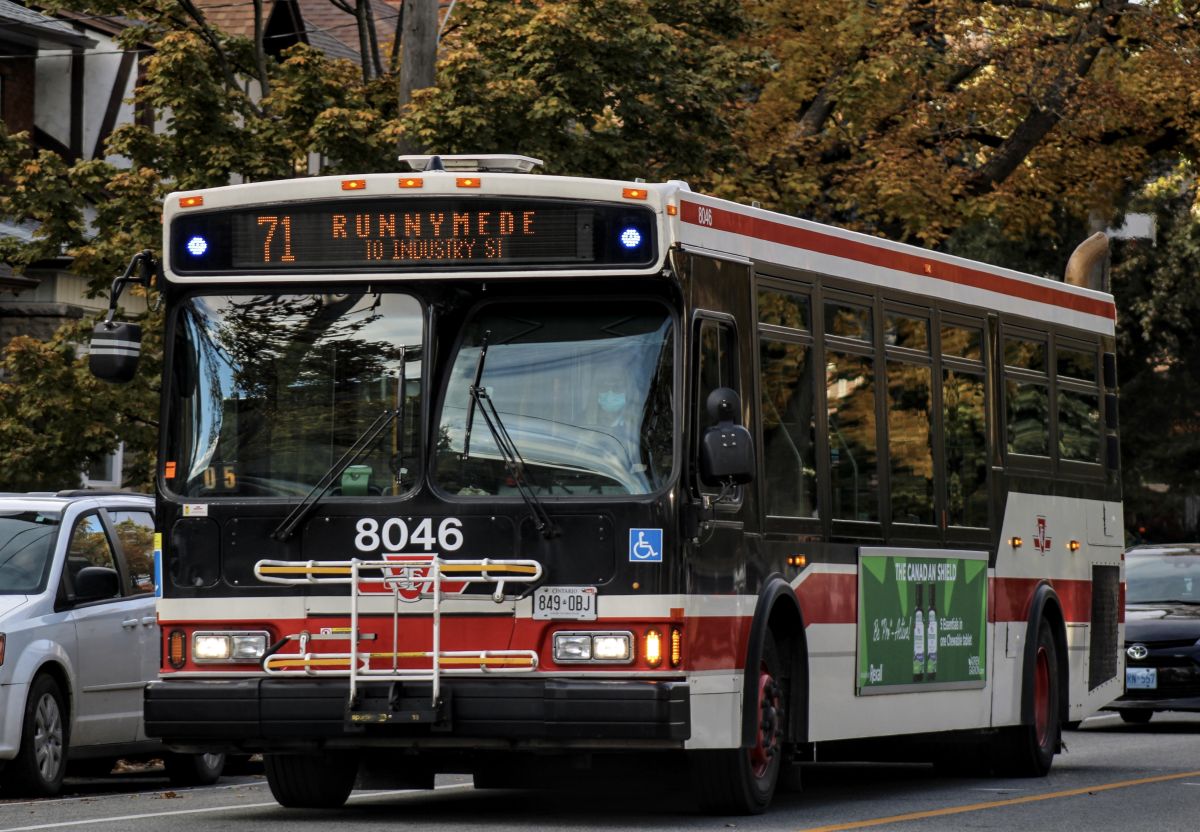The TTC in Transition
The Toronto Transit Commission (TTC) has long been the backbone of the city’s transportation system, facilitating millions of journeys each day. However, as we navigate through the post-pandemic era, the need for reassessment and innovation within the TTC has never been more evident. The challenges that lie ahead are not just logistical but also have profound social and economic implications, spurring conversations about the future of urban transit services in one of Canada’s busiest cities.
Post-Pandemic Realities
As Toronto gradually recovers from the COVID-19 pandemic, ridership levels have fluctuated significantly. According to TTC statistics from early 2023, weekday ridership was still 20% lower than pre-pandemic numbers. Public sentiment on social media reflects a mixture of frustration and hope: while many express concerns over the reliability of service, others commend the TTC for improvements in cleanliness and safety during challenging times.
A Financial Quagmire
The financial implications of reduced ridership are staggering. The TTC is facing a budget deficit that has forced management to explore drastic measures, including service cuts and fare increases. “We are in a challenging economic climate, but we are committed to re-evaluating our operational strategies without compromising public safety,” says TTC Chair, Jennifer Keesmaat, highlighting the balancing act between fiscal responsibility and community needs.
Investment in Innovation
To combat the effects of the pandemic and adapt to changing commuting habits, the TTC is turning its focus toward innovative solutions. Electrification of buses, expansion of operational hours, and digital ticketing options are just a few initiatives in the pipeline. The goal is to create a more flexible, user-friendly system that meets the needs of an increasingly diverse population.
Community Connection
The TTC is not just a transportation service; it represents a vital connection for many Torontonians to their jobs, education, and social lives. As the conversation around transit evolves, so too do the expectations from the public. Many Toronto residents desire a system that prioritizes inclusivity and accessibility. This comes at a time when the rise in remote work has altered commuting patterns, making it imperative for the TTC to adapt quickly and efficiently.
Looking Ahead
The future of the TTC largely hinges on its ability to remain resilient and responsive to changing demographics and economic conditions. The moves toward modernization are promising, yet they also come with the need for public buy-in. The community’s trust will be essential as the TTC endeavors to meet the challenges posed by a new era in urban transit.
While there are hurdles to overcome, the conversation surrounding the TTC is vital as it impacts not only transport efficiency but also environmental sustainability and the vibrancy of urban life. With collaborative efforts from the public, city officials, and transit advocates, the TTC has the potential to not only survive but thrive in the years to come.
